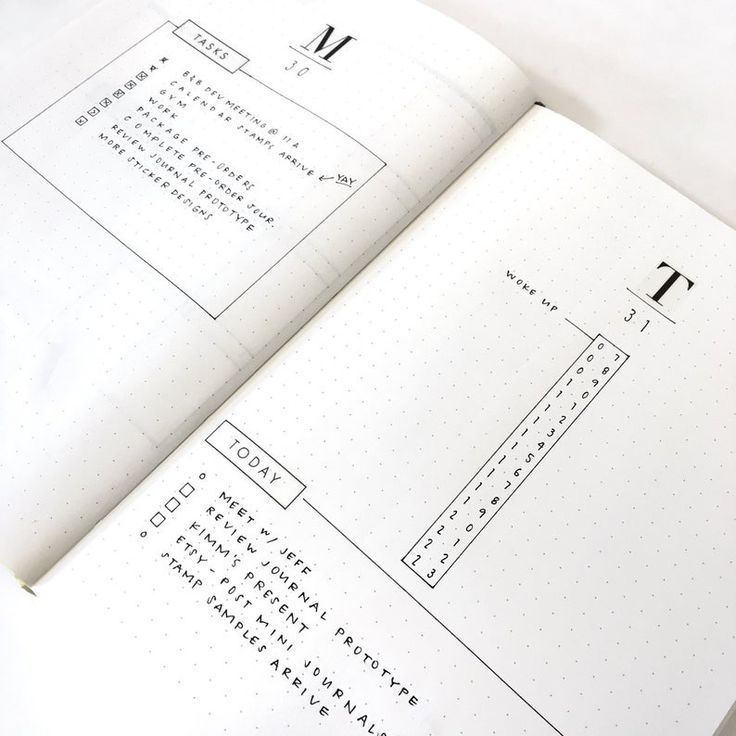When the quarantine started, I assumed that without having to wake up at 6 a.m., I could finally sleep more than 6 hours; however, this was not the case. We are all at home and most of us have a messy sleep schedule. Now, with summer in full swing, you might find your sleep schedule even more off. It could negatively affect your brain, so here’s why you should set your sleep schedule and how to do it.

Why do you need to sleep?
Sleep is essential to a healthy life. Without a good night’s sleep, your risk of heart disease, stroke, and type 2 diabetes increases dramatically. Sleep has also been linked to depression and your social and emotional state.
What can good sleep habits do?
Conversely, while there are many negative effects of not sleeping, developing consistent, positive sleep habits can have many long-term benefits. First, you can improve your athletic ability and immune functioning. Additionally, people with good sleep habits generally eat fewer calories and have a better metabolism. Sleep can also do wonders for your productivity and concentration because it improves overall brain function. More importantly, getting enough sleep means you’ll also be less likely to develop the diseases that pose an increased risk by not getting enough sleep.
With all of this in mind, you’re probably now thinking about ways to improve your own sleep schedule to get all of these benefits and avoid the ill effects of lack of sleep.
Here are some tips that I have found helpful in solidifying my own sleep schedule.

Plan your whole day in advance
One thing that I found very helpful in trying to solidify my own sleep schedule was to plan my entire day in advance. You don’t have to be super specific, but having a general overview will make you more productive and also help you achieve a certain goal at bedtime. I often find that I’m preoccupied with other things and spending too much time on my phone watching YouTube videos or browsing Instagram. Planning your day and, more importantly, holding yourself accountable by following that schedule can help you get back to sleep.
Make sleep and a certain bedtime both a goal and a priority
I feel like it’s really easy to just want more sleep; however, making sleep and more specifically a certain time you go to bed a real active goal can really help you focus on it and keep working on it every day.

Training during the day
Exercise can help you adjust your sleep schedule. However, it is also important that you do not exercise close to when you plan to try to fall asleep, as this will delay this process.

Don’t go on electronics before you go to bed
I found this to be the hardest piece of advice to follow. Since I use my phone as an alarm, I usually spend time on my phone doing other things while I set my alarm. Seeing blue light pushes your natural sleep schedule because your body thinks it’s earlier in the day. As a result, it regrows when you fall asleep, and exposure to light can make it harder to fall asleep. I found that having a separate alarm and going up when I charge my phone made it much easier for me to increase my sleep schedule and fall asleep on time.

Be selective about what you eat before going to bed
Eating can play an important role in falling asleep. Some say you should eat at least 3 hours before going to bed to reduce heartburn. Yet some health experts also say eating before bed is fine. Five beneficial foods to eat before bed are bananas, almonds, honey, oats and turkey. However, there are some foods you should avoid before bed, such as red meat, broccoli, tomato sauce, dark chocolate, coffee, sodas, and orange juice.
Create an ideal sleeping environment
It’s different for everyone, but it’s important to find what works for you. Most people find that a dark, cool, quiet environment works best for them. However, you may find that you like a bit of background noise or music. Improving your sleep schedule and making it a consistent part of your day is all that works best for you and create your own ideal sleep environment is an important aspect of solidifying your sleep schedule.
Do relaxing activities before going to bed
Being extremely stressed before bed will likely delay when you can actually fall asleep, which will also disrupt your overall sleep schedule. You can do a few things to try and fall asleep, including reading a book, meditating, creating a to-do list for the next day, drinking a cup of tea (decaffeinated of course), or writing about your day in a journal. Personally, I like listening to a calming playlist because it usually helps me relax and fall asleep much faster.
Don’t take a nap
Naps can definitely disrupt your sleep schedule, so you should avoid them at all costs. Still, if you really need it, you should stick to around 20 minutes of sleep as this amount of time would be the most effective in ensuring you regain some energy, but don’t disrupt your natural sleep schedule.
Stick to your schedule
Trust me, I know how hard it can be to really stick to your sleep schedule, especially if you’re having trouble falling asleep early. however, by being consistent, you will be able to normalize and incorporate the time you want to sleep into your body’s natural sleep schedule.
It can be a bit difficult to start acclimating to a new sleep schedule, but keep going! Sleep is extremely important and if you keep following these tips, I can assure you that your sleep will improve!







